SUMMARY
This is AI generated summarization, which may have errors. For context, always refer to the full article.
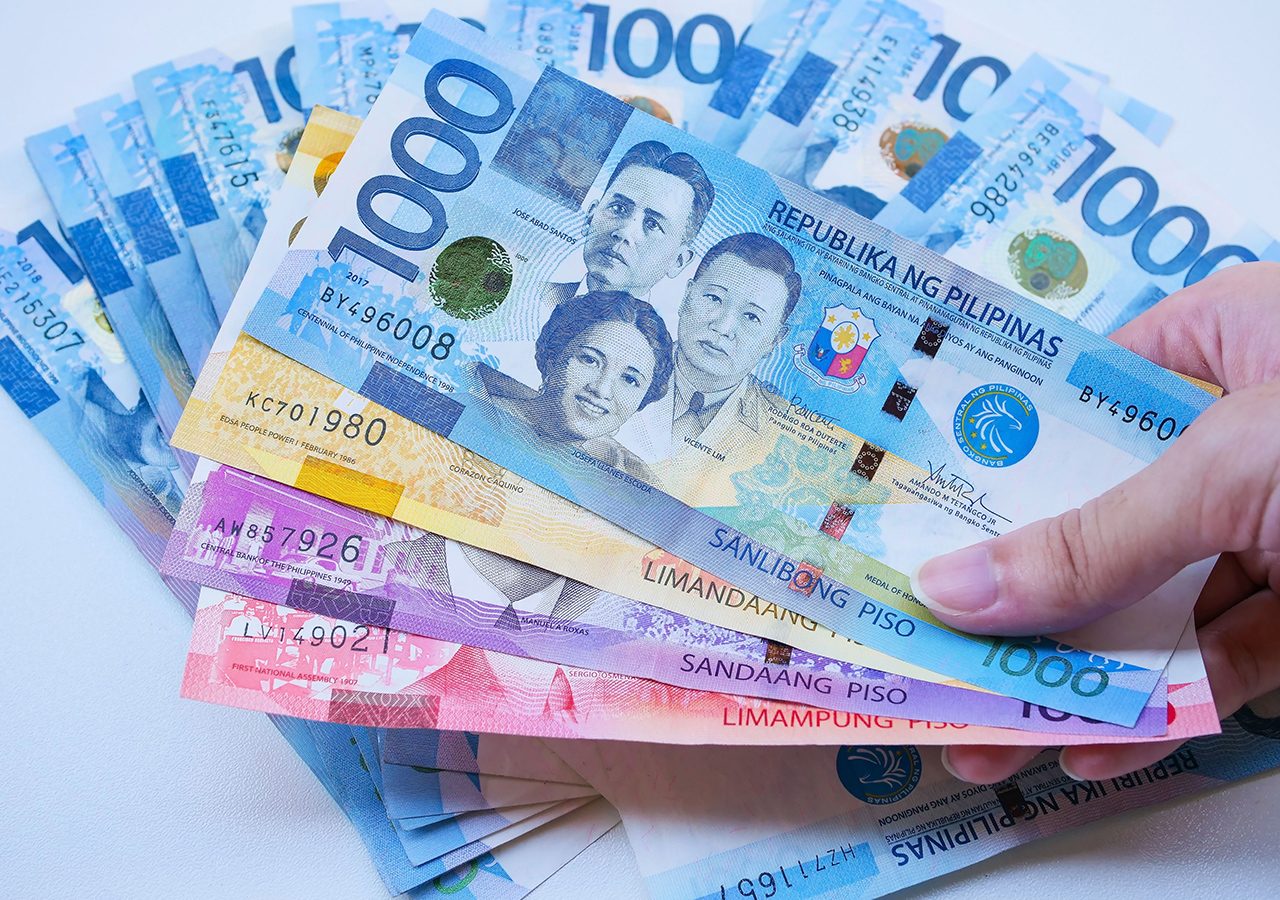
MANILA, Philippines – The Bangko Sentral ng Pilipinas (BSP) on Thursday, September 22, raised interest rates by 50 basis points, as inflation is seen to rise higher than previously expected.
This brings the key policy rate to 4.25%, in line with analysts’ expectations, following the United States Federal Reserve’s aggressive hike of 75 basis points. The Fed reiterated that it may raise rates even more.
The hike comes as the Philippine peso hit the P58 level against the dollar, the lowest ever.
Average inflation for 2022 is still projected to breach the upper end of the 2%-4% target range at 5.6%. The forecast for 2023 has also increased slightly to 4.1%, while the forecast for 2024 eased to 3%.
“The risks to the inflation outlook remain tilted toward the upside until 2023 and broadly balanced in 2024. Price pressures may continue to emanate from the potential impact of higher global non-oil prices, pending petitions for further transport fare hikes, the impact of weather disturbances on prices of food items, as well as the sharp increase in the price of sugar,” the BSP said.
How it affects you
Central banks raise interest rates to curb inflation. Doing so would discourage companies and consumers from spending, and in theory, bring prices down.
Here’s how that will impact your money:
Credit cards – A higher interest rate set by the BSP means higher interest you need to pay for outstanding debt of credit cards not paid off by the due date.
Auto and housing loans – Current rate hikes don’t affect your auto and housing loans if these loans are on a fixed-rate basis. But new loans or loans with variable-rate financing will be more expensive.
Savings – Interest rate hikes encourage people to save, but it will take time for banks to implement higher deposit rates. It is best to check with your bank if it has increased deposit rates. Higher inflation, however, cancels out this benefit.
What it means for the economy
According to economists of the Asian Development Bank (ADB), rising interest rates shrink global liquidity and slow down economic recovery from the pandemic.
The ADB said that for businesses, a tighter credit environment results in higher borrowing costs, reducing their profitability and investment incentives.
“As borrowing costs rise, households are also less inclined to spend, especially on durable goods and houses. Softening demand and weaker global growth pose challenges for Asian manufacturing and exports,” the ADB said.
Monetary tightening by the US Fed encourages investors to pull out their money from Asian economies, leading to currency depreciation.
While Philippine households reliant on overseas remittances would get more cash due to the peso hitting P58 against the dollar, currency depreciation increases inflationary pressures.
Remember, the Philippines is very dependent on imports like food and oil. Import costs rise due to the stronger dollar, effectively worsening the country’s current account balance.
It also negatively impacts the country’s payments of essential imports and infrastructure, as well as the servicing of external debt.
“This shows that higher inflation associated with increases in commodity prices poses complex challenges to monetary policymakers, forcing them to wrestle with the two conflicting objectives of price stability and higher growth,” the ADB said. – Rappler.com
Add a comment
How does this make you feel?
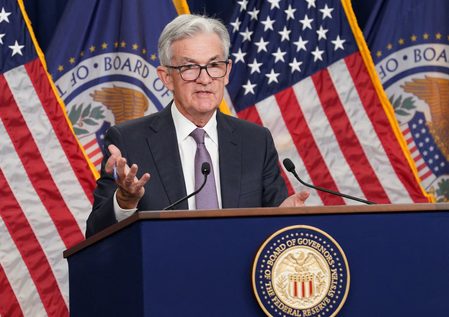
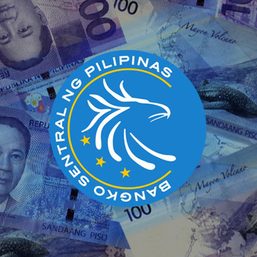
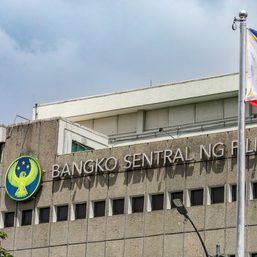





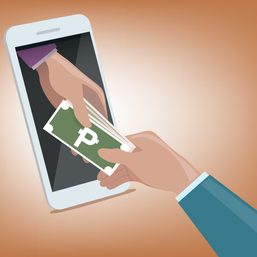

![[ANALYSIS] Rule of 120: A practical method of asset allocation and minimizing investment risk exposure](https://www.rappler.com/tachyon/2024/02/tl-rule-120-02222024.jpg?resize=257%2C257&crop=274px%2C0px%2C720px%2C720px)
There are no comments yet. Add your comment to start the conversation.